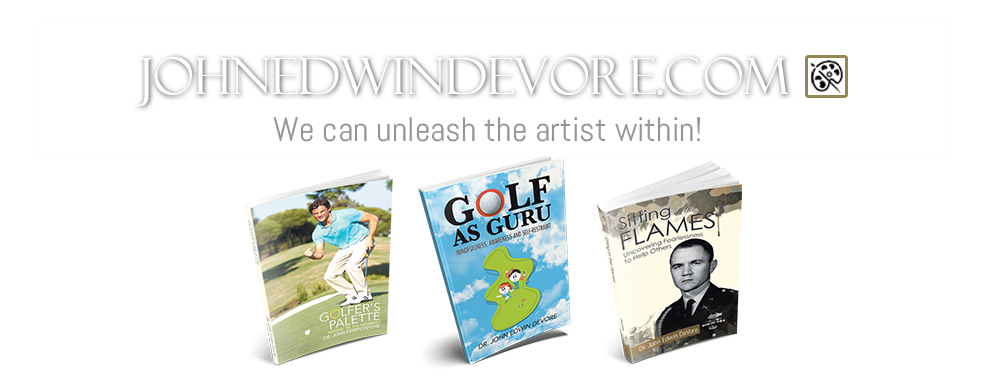National security policy and our human condition
As a two-year, Vietnam War combat veteran, a course correction in American national security policy feels necessary. Since World War II the three pillars of American national security policy have been interventionism, global presence and power projection; and if “We the people” are to accept what media are reporting and paths Washington leaders continue to dictate, these pillars are thrusting our country down a path of bankruptcy and perpetual bouts of bloody, armed conflict. As Bacevich offers in Washington Rules, “Americans today must reckon with a contradiction of gaping proportions. Promising prosperity and peace, the Washington rules are propelling the United States toward insolvency and perpetual war. Over the horizon a shipwreck of epic proportions awaits. To acknowledge the danger we face is to make learning-and perhaps even a course change-possible. To willfully ignore the danger is to become complicit in the destruction of what most Americans profess to hold dear. We, too, must choose.”
Reflecting on these three pillars has given rise to several questions: Do global neighbors desire our intervention in their affairs? Do the multitude of cultures we have chosen as global presence partners enjoy having our military as neighbors? Does an expression of military might really accomplish anything other than sate our addiction to war and nurture our need to be a self-professed, world renowned hero? Could our policies be creating more enemies than friends? Could these three pillars be kindling a national security religion and ideology that needs to be transformed? These three pillars are feeling almost evangelical and in demand of transformation. Do we really think and believe we are better than all other humans in the world? We are certainly behaving that way. Perhaps we can learn about being a world hero and the national security policy pillars from Ernest Becker.
In the work of Ernest Becker, The Denial of Death, he nails the concept of heroics and the human condition when he states, “the problem of heroics is the central one of human life, that is goes deeper into human nature than anything else because it is based on organismic narcissism and on the child’s need for self-esteem as the condition for his-her life. Society itself is a codified hero system, which means that society everywhere is a living myth of the significance of human life, a defiant creation of meaning. Every society thus is a ‘religion’ whether it thinks so or not: Soviet ‘religion’ and Maoist ‘religion’ are truly religious as are scientific and consumer ‘religion,’ no matter how much they try to disguise themselves by omitting religious and spiritual ideas from their lives.” My opinion is that whether one chooses to refer to it as heroics or ego aggrandizement, it is fundamentally a universal human frailty that appears to be driving our national security policy. We can move beyond “religion.”
Capturing a vision of “beyond religion” is quite simply modeling the way: as a nation through a solid code of universal sectarian ethics; in creating quality relationships with our global partners; and when skillfully helping others by listening to where they desire to be and helping them get there. This process starts, one step at a time, from within each person who comes together to create our American way of life and culture. As each person is, the culture is. If we are intent on being heroes, we will continue to be driven by the ego to become heroes and continue on a path of insolvency and perpetual war. An option is for each of us to go within, uncover the true self and unleash the artists we are to create the globe that we intend. “We the people” have a great deal of practicing to do here at home, while at the same time modeling the way for our global partners. Interventionism, global presence and expression of power are not getting the job done; and we can do better for ourselves and the world.

